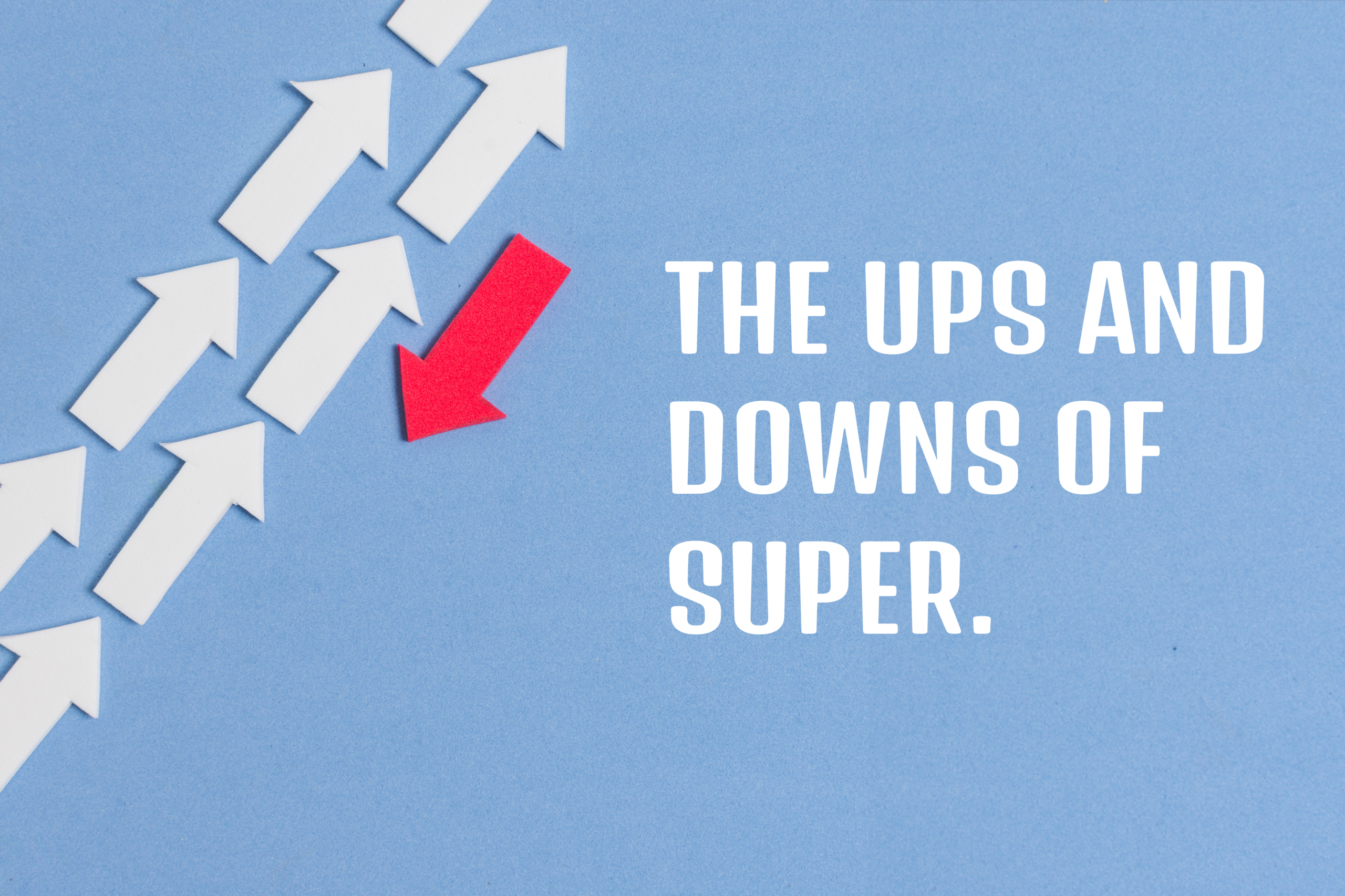SUPER AWARENESS
Depending upon your age, opportunities, and life experience, you might not yet realise the importance of your super relative to your financial future. Many individuals fail to ask the right questions regarding super, and even fewer consider how to make more super for their retirement.
Optimal super outcomes do not happen by accident. There are steps to take and informed decisions you must make.
STEP 1: REGULARLY ENGAGE WITH YOUR SUPER
You accumulate super via contributions made on your behalf by your employer. So, your employer funds your super, but ultimately, you are responsible for managing it as a personal asset.
The 2018 Royal Commission identified that, in general, the financial services industry paid more attention to maximising company profits as opposed to providing individuals with relevant, value-adding services at accessible prices. The resulting increase in regulations means the financial services industry now makes less revenue.
Instead of reviewing their existing market propositions and offering more beneficial services to clients, an exercise of cost-cutting has ensued within the industry, endeavouring to protect profit margins.
It is a mistake to assume anyone other than yourself will optimise your super asset. You must regularly review your superannuation strategy and make informed decisions that align with your circumstances and expected market conditions.

STEP 2: INCREASE YOUR FINANCIAL AWARENESS
Most individuals are arguably not as financially aware as they need to be, especially those at the beginning of their careers. One of the most important financial skills needing acquisition early in life is efficient money management. Most people can benefit from analysing the proportion of their income wasted on discretionary spending rather than using that money to repay debts quicker, increase savings or invest.
Various perspectives on money are necessary to develop your financial future. Super is a personal asset you will access in retirement, which may seem far away for some, but time passes quicker than you think. It is essential not to waste time as this can significantly reduce the amount of super you end up with. Even those with only a few years until retirement should ensure their super has the right strategic balance between growth and defence.
No one in the pre-retirement phase of their career wants to be caught unprepared in a market downturn.
STEP 3: MANAGE YOUR CAREER AND EARNING POWER
A significant determinant of your future financial position is your career. It dictates your earning capability. Irrespective of your occupation, you will face many choices and opportunities to seize the moment and maximise your earnings.
It also pays to be efficient with your spending habits and engage with beneficial services that can help you create more wealth from your assets, with super being one of them.
Simple ideas for managing your career to your advantage:
- Obtain the necessary qualifications.
- Be reliable in your employment.
- Focus on solutions as opposed to problems.
- Develop a dependable reputation.
- Talk about your desire for promotion with your manager.
- Learn new skills and seek out relevant training.
- Consider your goals and plan out how to get there.
STEP 4: ACTIVELY MANAGE YOUR SUPER ASSET
Active management of your super asset requires every individual to make an informed decision around the following:
- Choice of product
- Contribution strategy (in particular, salary sacrifice)
- Investment strategy
- Insurance needs
- Your nominated beneficiary
While the above decisions appear straightforward, there is much misleading information in the financial services industry about the best decisions to make and when to review them.
Every product provider is currently reviewing their default offering around investment and increasing the proportion of unlisted assets included in MySuper. Why? According to certain product providers, unlisted assets provide superior returns.
Interestingly, these product providers claim unlisted assets are less volatile than listed assets. Most individuals don’t know the distinct difference in the frequency of valuation between listed and unlisted assets or why it matters. Listed assets are revalued daily, with unlisted assets formally once a year.
The market examines the annual performance of comparable MySuper default products every July and assumes that higher returns must signify the preferred product. But is this true?

For the following reasons, individuals should not rely solely on super product providers to help them optimise their super, because:
- They do not encourage salary sacrifice early.
- They do not advise you when insurance premiums take a hike after age 50, damaging your contribution strategy.
- They do not expose your super to growth assets when appropriate, and likewise, over-expose your super to growth assets when you are approaching retirement and your time horizon is short.
Super products change every year, and without a significant amount of time spent reviewing and a technical understanding of super, no one can expect to know what product is most appropriate or how to tailor their ongoing super strategy for optimal outcomes. So, it can be valuable to engage with a professional service that can help you in this area.
SUPER SERVICE
Having awareness is essential because you cannot fix what you do not know is broken.
You can examine the quality of your decisions around super to date by completing a free Super Review at www.superwiser.com.au
You can then decide whether (or not) it is in your best interest to further engage with our services.
Alternatively, if you would like to speak to an adviser call 1800 467 467.

